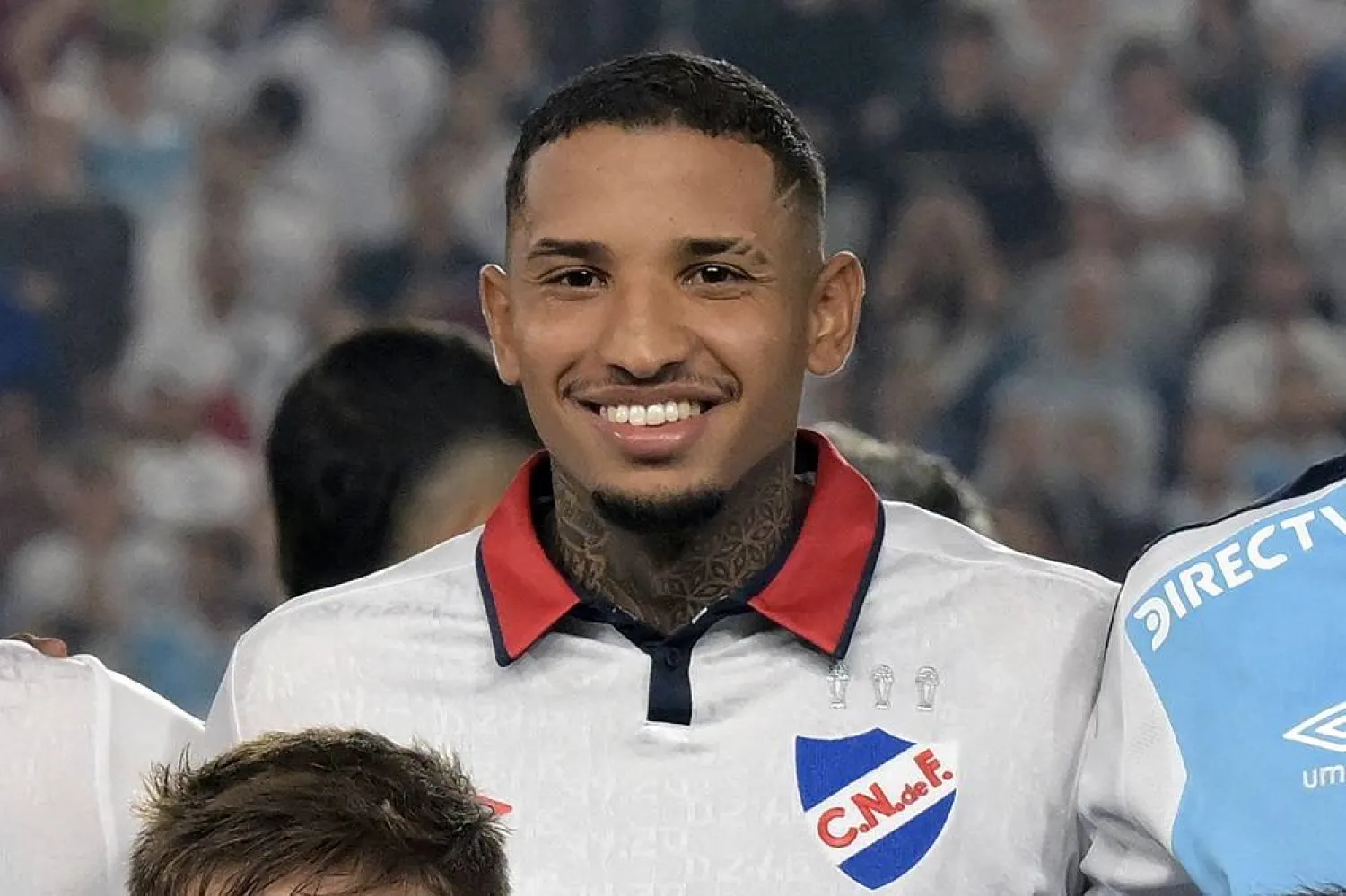Uruguayan football player Juan Izquierdo died Tuesday at a hospital in Brazil five days after collapsing during a game at Sao Paulo. He was 27.
Hospital Albert Einstein in Sao Paulo said in a statement that the Nacional defender died at 9:38 p.m. local time following “cardiorespiratory arrest associated with his cardiac arrhythmia.”
Izquierdo was taken to the hospital after he collapsed late in a Copa Libertadores soccer match at Sao Paulo’s Morumbi Stadium last Thursday.
The Uruguayan club posted a statement on social media saying Izquierdo’s death is felt “in deep pain and impact in our hearts” and “all Nacional is in grief for his irreplaceable loss.”
South American soccer’s governing body also posted a tribute. CONMEBOL president Alejandro Domínguez said he’s “deeply sorry about the early departure of Juan Izquierdo.
“South American soccer is in mourning,” he said. Other federations, including Uruguay, Brazil and Argentina, also expressed their condolences.
In a statement Monday, doctors at the hospital said Izquierdo was put into neurological critical care because of increased intracranial pressure. He had been on a ventilator since Sunday.
Uruguayan media said Izquierdo’s parents and Nacional executives were at the hospital in Sao Paulo. Izquierdo was married and had two children — the youngest, a boy, was born earlier in August.
Uruguayan national team players were among those expressing their condolences.
“Pain, sadness, it is hard to explain,” Inter Miami striker Luis Suárez said. “May he rest in peace. I wish a lot of strength for his family and friends.”
Uruguay’s first- and second-division soccer leagues were postponed last weekend due to concerns over Izquierdo’s health. Sao Paulo players wore a shirt in support of the Uruguayan footballer before the team’s 2-1 Brazilian league win against Vitoria on Sunday.
The Brazilian club also posted a message after Izquierdo's death.
“We had days of prayers, union and hope, and today we are in deep sadness with the news of the death of Juan Izquierdo,” Sao Paulo's club statement said. “Our condolences to family, friends, teammates, Nacional fans and all the Uruguayan people in this moment of grief.”
Izquierdo’s professional career began in 2018 at local club Cerro. He joined Peñarol the following year, but didn’t get much playing time.
“Peñarol is deeply sorry about the passing of Juan Manuel Izquierdo. We express our heartfelt condolences and we embrace his family, his friends and Nacional in this moment of so much pain," Peñarol said in its social media channels.
After leaving Peñarol, Izquierdo moved to Montevideo Wanderers.
His athletic form and sharp tackles caught the attention of Mexico’s San Luís in 2021, but he quickly returned to the Montevideo Wanderers. Izquierdo was signed by Nacional in 2022, played one match and then was transferred to the local Liverpool club.
The defender was one of Liverpool’s best players in the campaign that led to a Uruguayan league title in 2023, the club’s first in more than a century.
Izquierdo returned to Nacional this year and was vying for a position in the starting lineup with veteran Sebastián Coates, who played for Uruguay’s national team. He played 23 matches this year and scored one goal.
Almost two decades ago, Sao Caetano defender Serginho died hours after collapsing at Morumbi Stadium during a Brazilian league match against Sao Paulo. Doctors tried to resuscitate him on the pitch, as tens of thousands of fans watched in shock and players wept and prayed on the sidelines.
Serginho's death forced Brazilian soccer executives to change health protocols to allow defibrillators in every stadium. Doctors used a defibrillator on Izquierdo as he was being rushed to the nearby Hospital Albert Einstein.
“Such sadness, 20 years later,” former Sao Caetano player Anderson Lima said on Instagram. “May God comfort his family in this sad moment.”









